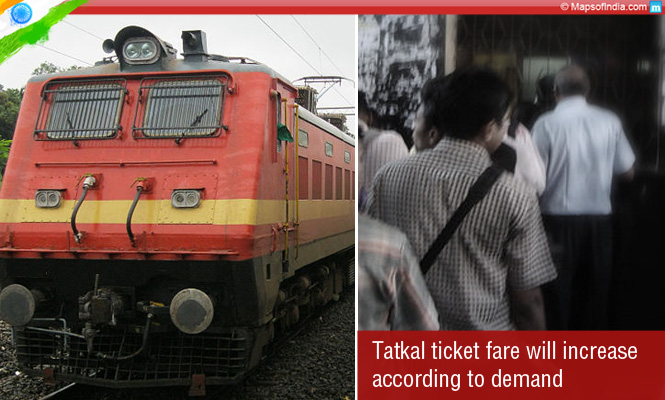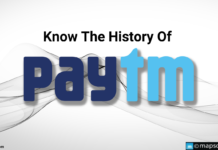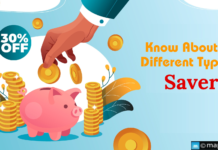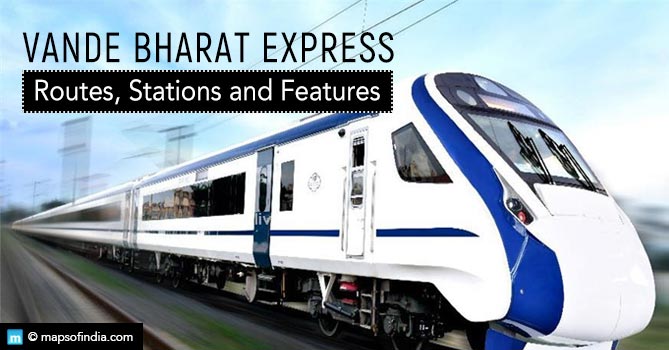It was evident right from the start that the Narendra Modi led NDA government would require to undertake a number of economic reforms to set right the volatile rupee, skewed current account deficit (CAD), and failing interest of the investors – a legacy that cried out for good governance and direction. But is the government walking its talk? Is this the direction we had envisioned the ‘changes’ to take? In yet another controversial move, the Railway Ministry authorized linking of Tatkal tickets in important trains to a dynamic pricing system that may make these tickets up to 50 percent more expensive. Coming as a complete dampener just ahead of the festive season when most people living away from their hometowns may be looking for Tatkal tickets, the move has left many disgruntled.
Starting October 1, 2014, the Ministry of Railways has approved the sale of Premium Tatkal tickets through e-ticketing using a dynamic pricing model that allows for fares to increase with a hike in demand. According to this scheme, half of the Tatkal tickets for about 80 trains across India will be sold as per the regular cost scheme and when these are sold out the remaining half shall be put up for sale at enhanced prices. Each of the 16 zones of the Indian Railways was asked to identify about 5 trains each to implement the system.
This scheme of dynamic pricing for premium Tatkal tickets is based on sale-slabs. According to this fare scheme, the price of the tickets shall increase by about 20 percent following the sale of each slab consisting 10 percent berths. This is in subject to a maximum fare chargeable (on the dynamic fare). All rules of regular Tatkal ticketing also applies to Tatkal premium tickets.
The decision is obviously an effort to mop up more revenues for the Indian Railways. The organization was revealed to be cash-strapped during the Railway Budget earlier this year. Railway officials have gone one record to comment that the introduction of the scheme is an effort to neutralize the action of touts in the e-ticketing mechanism. Tatkal tickets, obtained by agents and touts, are often sold at a premium proving that people are willing to pay higher prices for these tickets, says the railways. What is still unclear is how the agents and touts manage to obtain Tatkal tickets which need identity proof at the time of ticketing.
The Tatkal Scheme was introduced in 1997 by the then Railway Minister Nitish Kumar to facilitate short notice ticket booking on select trains. Ever since Tatkal has been one of the most popular schemes run by the Indian Railways. From time to time a number of administrative changes have been introduced to the Tatkal Scheme to make it easier for the people to book them during exigencies. Introduction of mandatory photo identification, delayed opening to ticketing agents, and reduction of the Advance Reservation Period (ARP) are some of these. This move of introducing dynamic fare pricing in the most important trains of the country has, however, attracted criticism from many quarters. Critics believe that the move is exploitative in nature and makes Tatkal unaffordable by the common man especially considering that diesel prices have remained stable for a while. The NDA government had also led to increase of overall train fares by 14.2 percent in the Railway Budget in June 2014. Tatkal charges had last been hiked in April 2014 with an increase of ten percent of the basic fare in case of second class reserved tickets and 30 percent of basic fare for other classes.
Currently about 2677 trains are covered under the Tatkal scheme. Around 1.7 lakh seats are offered for booking under the Tatkal scheme – almost a tenth of the total 11.57 lakh seat available on these trains. The railways also run 50 exclusive trains where the prices are based on the dynamic fare system alone. The Tatkal is a great revenue generator for the Indian Railways and earned the organization INR 1000 crore last year.





